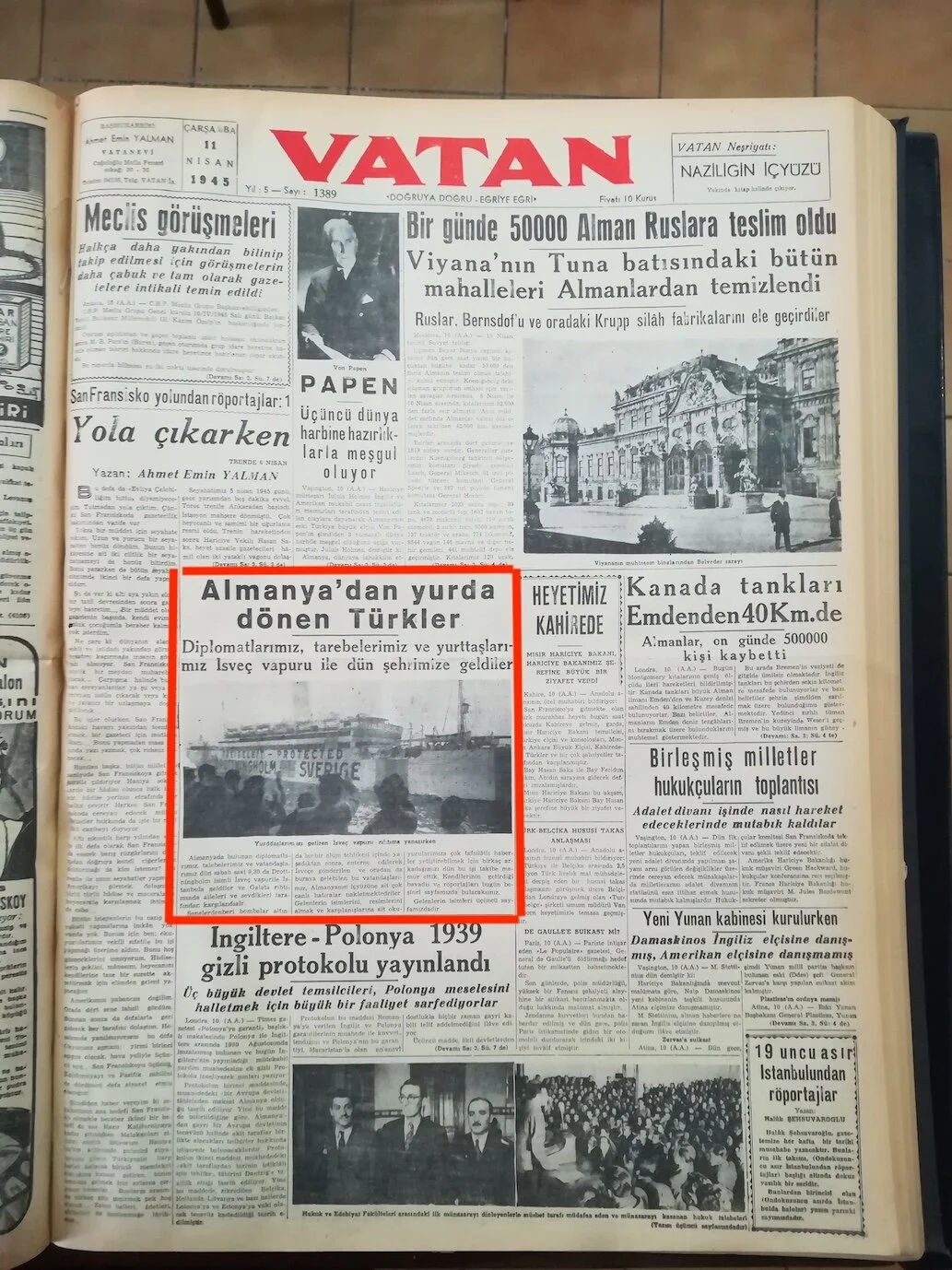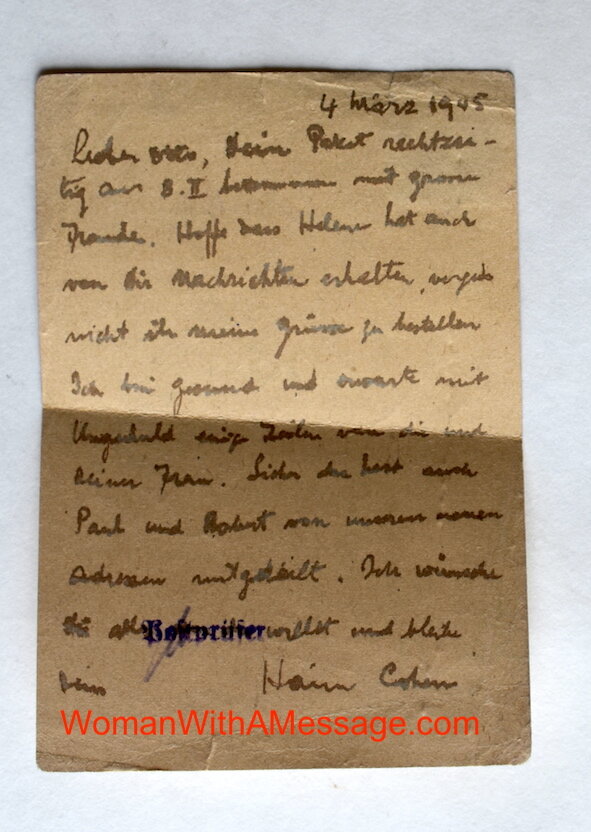THE DARK AGES ON THE STUBENRING.
HOCUS-POKUS AND QUACKERY FROM
TORAH AND TALMUD.
It is unbelievable which sums flow, even still today, into the pockets of those beneficiaries of delusion who know how to play themselves up as experts on the so-called fourth dimension and lure weak-willed people. The business of spiritists, alchemists and occultists, even down to the quack on the corner, is doing famously. Every week, thousands of reichsmarks are poured down the insatiable throats of Egyptian hill dream interpreters. Money that would truly be worth spending on something better.
“ABANDON NOT HOPE - TURN TO ME!” There is one Jew who goes to work with an almost incredible amount of cynicism. He is cleverly camouflaged as a paper and stationery dealer on the Stubenring, opposite the former Ministry for War…..and he exploits his victims - and that in broad daylight - in the most unbelievable fashion. This Jew who boasts the typical name of Cohen (Kohn) has come to Vienna but a few years ago. Shortly after his arrival, he sets himself up as a stationer on the Stubenring. But the business did not go well. Then some time later, the Jew had a new brain-wave, which helped his business. He divided the shop in two halves; he had a part closed away in the background and papered with black paper. Egyptian and Turkish, as well as Assyrian hieroglyphs were painted - as uncannily as possible - and in gilt, on the walls. In this dark chamber there is a rickety table, on which he placed a worm-eaten magic folio. Two chairs complete the room, in which the spirits are called upon, and which is reminiscent of the witches’ kitchen in the scenic railway in the Prater. A few “letters of thanks” from clients, plastered in the shop-window, completed the outfit, and the business-like Jew had a few packages of booklets entitled “ABANDON NOT HOPE - TURN TO ME!” printed. And the swindle could start at full speed.
H.S.M. Cohen was soon well-known among women: known as clairvoyant, palm-reader, soothsayer, astrologer and magic healer. Daily did H.S.M. Cohen “heal” persons suffering from kidney-diseases, as well as diabetes or intestinal diseases by his healing hands, ay, he even managed to bring broken and stiff legs to move again…… Even to this day, the Jew is giving out regular “diagnoses”, and he hypnotizes his pitiful victims into feeling pains, which they do not have at all. For all this, the “doctor with the magic baton” requests twenty marks for every “session.” A certain type of strolling smear [sic] Jewish physicians even have written complementary letters to this public injurer. One of them says: “Mr. Cohen has predicted an abscess in the teeth to a patient, who never actually had a toothache. This abscess was now stated by way of an x-ray, but it has never caused any discomforts. Dr. R.W. assistant at the polyclinic”
GHOST AS CURRENCY AGENTS. Now, how should this man, who is so powerful in the world of the spirits, who can Nero and Napoleon and Ahasver’s father-in-law talk at will, who can heal imaginary diseases, fail to be an A1 lawyer also? Thus a Jew states the fact (reprinted among his complementary letters) that “his money which has been confiscated in Germany had been given back to him, without his having asked for it. F.S. October 2, 1935.” Or, another example: “you have given me an amulet, and I have, right after, seen my mother again in a dream, and she has given me the necessary inspiration to make new connections (new business) which have, up to the present, proved successful. R.K.”
This wizard also interferes in matters of law, and predicts the result of lawsuits at 20 marks apiece. And in order to keep his business from suffering any standstill, he has added the trade with mandrakes to his assets.
How much disaster must this Jew, who sails under the flag of Turkish citizenship, already have brought upon weak-willed people in our own city! Like a vulture waiting for a victim, he walks, slowly, up and down in his shop, until some curious soul gets enabled in his “letters of thanks.” Then the Jew comes slowly nearer, and bores his eyes into the passer-by. If this happens to be a weak-willed individual, he will be intimidated, and follow into the shop, where the Jew will predict an illness for him, but, at the same time, call his attention to the fact that he might, in the course of the afternoon, pay a visit to his “cabinet of spirits” where, against 20 marks, and by way of his healing hands, he will on the spot, free him from the lurking disease.
How much longer will the ghost haunt the “chamber of spirits of H.S.M. Cohen? And how much longer are poor individuals going to be bled there?
Saturday, April 8th 1939
“VOLKSZEITUNG”, Vienna.
(“People’s Paper)









































